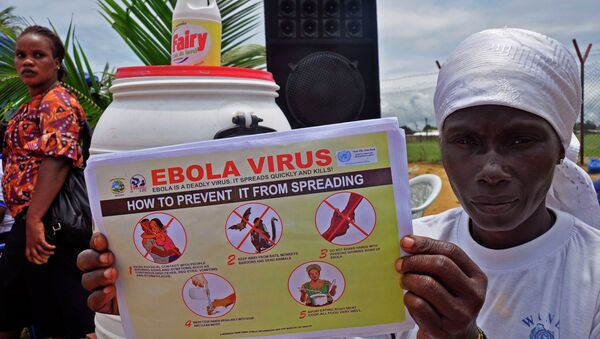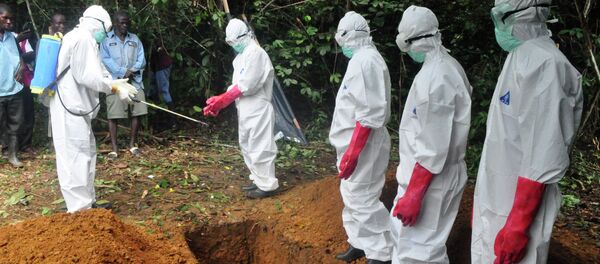All six family members, as well as other high-risk contacts, were taken to the Ebola Treatment Unit in Paynesville on Friday.
"The hospital is currently decontaminating the unit. All of the healthcare workers who came into contact with the patient have been notified," Dahn told journalists.
"We know how Ebola spreads and we know how to stop Ebola but we must remain vigilant and work together," she added.
The boy is believed to have had no contact with Ebola victims or survivors, said United Nations World Health Organization Ebola response coordinator Bruce Aylward.
"The family obviously is at particular risk and is being investigated right now," Aylward told a news conference in Geneva.
2nd #Ebola resurge in Liberia questions WHO's 42-day #Ebola-free rule. How do we define the end game? Can a region ever truly be Ebola-free?
— Ebola Deeply (@Eboladeeply) November 20, 2015
According to WHO figures, the virus took the lives of 11,300 people in Guinea, Sierra Leone and Liberia, with 10,600 cases of the disease in Liberia.
The WHO declared Sierra Leone Ebola-free on November 7, and Guinea has begun its countdown to the end of its struggle with the virus.
A country has to show 42 days without Ebola reports and a second negative test 48 hours after the last suspected patient shows no signs of the virus, in order to be considered in the clear.
The virus spreads through direct contact with the blood or other bodily fluids of infected people. The disease has a high risk of death, killing between 25 and 90% of those infected.



